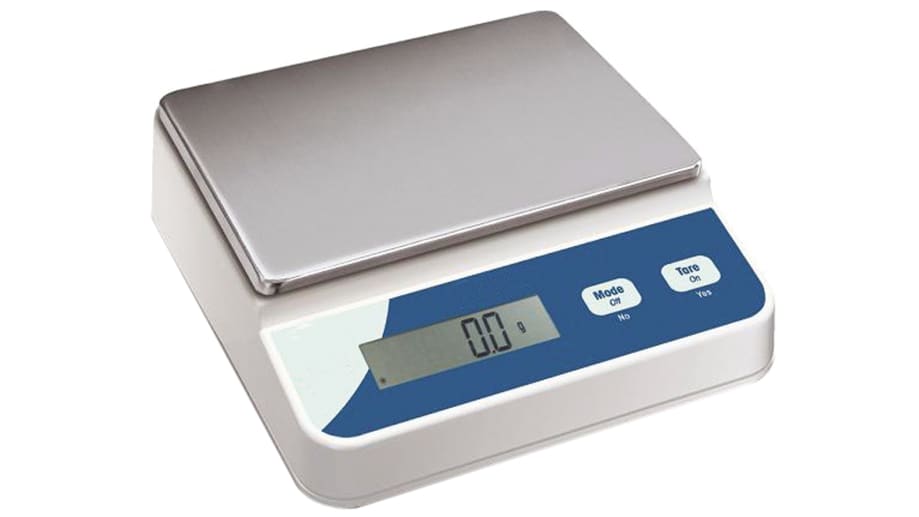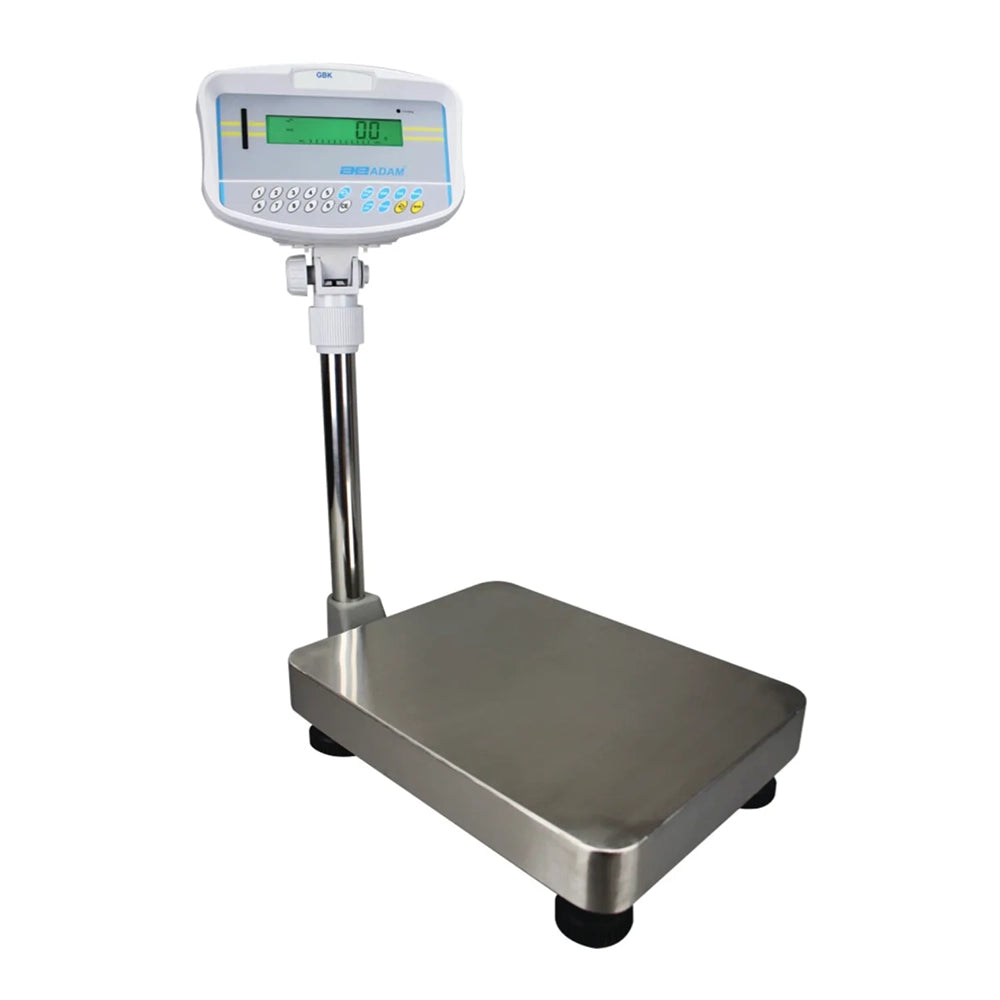A Beginner’s Guide to Understanding the Functionality of Industrial Scales
How Industrial Scales Work: A Thorough Overview for New Users
Understanding the auto mechanics behind industrial scales is important for brand-new individuals who want to ensure precision in their measurements. As we discover these elements, one need to consider how these aspects engage to enhance efficiency in varied commercial applications.
Basics of Industrial Scales
Industrial scales are crucial devices used across various markets, consisting of manufacturing, logistics, and agriculture, to make sure exact weight measurements of heavy tons. The essential principle behind commercial ranges involves the conversion of weight right into a measurable type that can be shown digitally or analogically. These ranges use different devices, such as lots cells or mechanical levers, to establish the weight of objects positioned upon them.

In enhancement to their measurement capacities, commercial scales are developed to stand up to severe atmospheres, featuring robust building that withstands dust, moisture, and heavy impacts. Calibration and upkeep are vital to guarantee accuracy, as also minor discrepancies can bring about considerable financial effects. By understanding the basics of commercial ranges, customers can appreciate their importance in different commercial applications.
Kinds of Industrial Scales
Numerous sorts of industrial scales cater to the diverse requirements of different industries, each designed to deal with specific weighing tasks with accuracy and integrity. Amongst the most usual types are floor ranges, which are ideal for weighing hefty and bulky things. These scales typically include huge platforms and can suit palletized items, making them important in storage facilities and shipping centers.
Another kind is bench scales, which are often used for smaller sized products in manufacturing and retail setups. They offer precise measurements for products that need precision, such as chemicals or components in production line (Industrial Scales). For mobile procedures, portable scales provide versatility and simplicity of transport, appropriate for fieldwork or short-term installments
Furthermore, specialized ranges like checkweighers are utilized in manufacturing lines to maintain high quality control by making sure that products fulfill weight specifications. Each kind of industrial range plays an important function in enhancing functional efficiency and precision throughout numerous markets.
How Evaluating Systems Work
Considering systems are important parts that enable exact dimension of mass throughout various industrial ranges. These devices make use of various concepts of physics and design to supply specific weight analyses, essential for inventory administration, quality assurance, and conformity with governing requirements.
One typical kind of weighing device is the load cell, which operates the principle of pressure determines. When a load is used, the lots cell warps somewhat, creating an electrical signal proportional to the weight. This signal is after that exchanged a readable weight measurement by the scale's electronics.
One more commonly used mechanism is the mechanical equilibrium, which uses a system of weights and levers. Industrial Scales. This technique counts on the principle of equilibrium, where the weight of the things being gauged is stabilized versus understood weights, permitting direct measurement
Additionally, pneumatically-driven and hydraulic ranges leverage liquid dynamics principles to gauge weight. These systems make use of the pressure applied by a load to establish weight, providing high accuracy for substantial tons.
Proper Use Strategies
When using commercial scales, sticking to appropriate use strategies is critical for making certain exact dimensions and preserving equipment integrity. First and leading, it is vital to choose the appropriate range for your particular application, as scales vary in capacity and accuracy.
Before considering, guarantee see here now that the range is put on a stable, level surface area without vibrations or disruptions. This will certainly help to reduce errors caused by exterior aspects. Furthermore, adjust the range according to the manufacturer's requirements prior to utilize, ensuring that it is operating properly.
When positioning items on the scale, disperse the weight evenly to prevent tipping or damaging the devices. Constantly permit the range to maintain prior to tape-recording the weight, as variations might occur during preliminary placement. For bulk products, utilize containers that are suitable for the range dimension to avoid overloading.
Furthermore, avoid putting overly hot or cold things straight on the range, as temperature variants can impact accuracy. Maintain the considering system complimentary and clean of debris to stop contamination and ensure reputable outcomes. By complying with these strategies, customers can optimize the performance and longevity of their commercial ranges.
Maintenance and Calibration Tips
Making sure the long life and precision of commercial scales needs diligent upkeep and regular calibration. A precautionary maintenance schedule is vital; it should include regular evaluations to recognize damage, especially on tons cells and other Source sensitive elements. Frequently cleaning the scale's surface and making sure the bordering location is free from particles will certainly assist maintain its stability and performance.
Calibration is equally necessary and must be performed at regular periods or whenever the range experiences substantial adjustments in temperature, humidity, or physical displacement. Utilize certified calibration weights that are traceable to nationwide requirements for precision. Record each calibration session carefully to track performance over time and determine any fads or reoccuring concerns.
Furthermore, be mindful of the range's environment. Prevent placing it near resources of vibration, electromagnetic disturbance, or severe temperatures, as these variables can negatively impact dimensions. Finally, train all drivers on proper scale usage and maintenance methods to make certain constant efficiency and precision. By sticking to these maintenance and calibration pointers, individuals can enhance the reliability of their industrial scales, making certain optimum operation in any type of setup.
Final Thought

Understanding the auto mechanics behind commercial scales is crucial for new users who desire to make certain precision in their measurements.Industrial ranges are essential devices used throughout numerous markets, consisting of manufacturing, logistics, and agriculture, to ensure accurate weight measurements of hefty loads. The basic principle behind commercial scales includes the conversion of weight right into a quantifiable form that can be presented digitally or analogically. this article By recognizing the basics of industrial scales, users can value their relevance in different commercial applications.
In conclusion, recognizing the procedure and maintenance of commercial scales is vital for ensuring precise weight dimensions in various applications. (Industrial Scales)